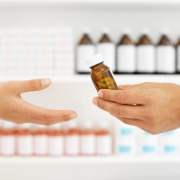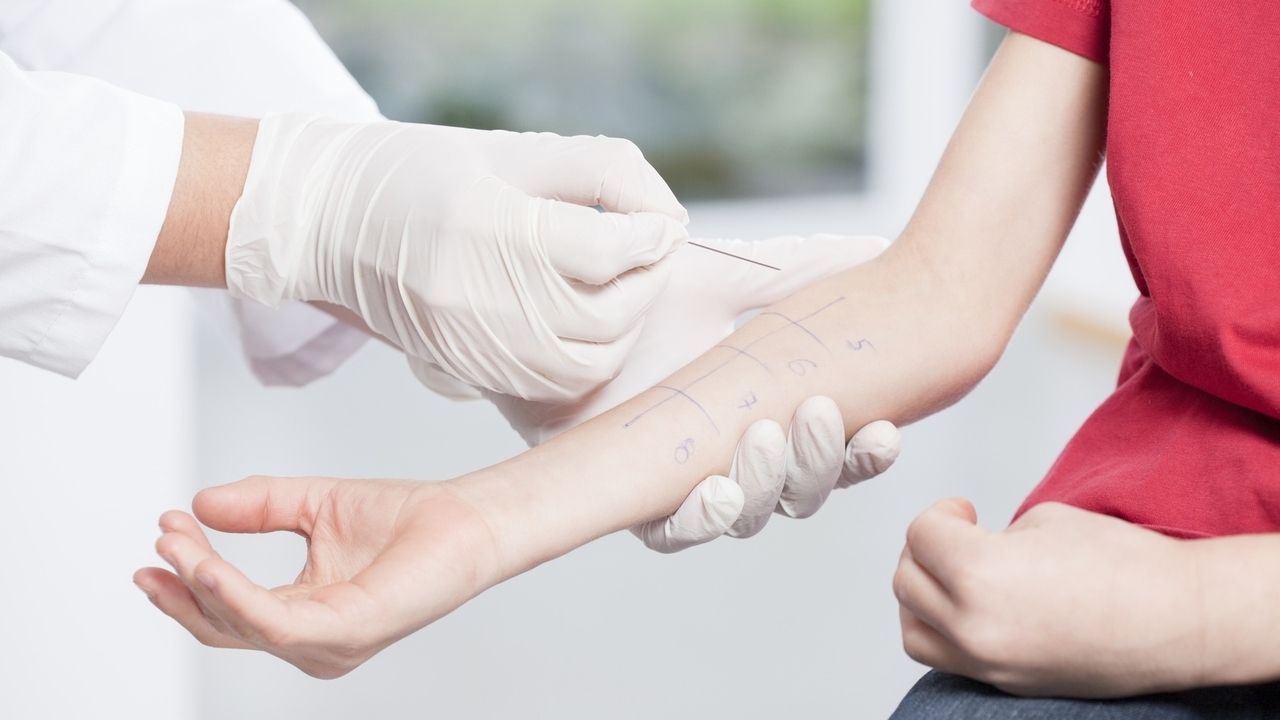 Photo: Getty Images
Photo: Getty Images
When you hear about a drug that has “side-effects” you are hearing about recognized drug reactions that some people have experienced when taking the medication. Your doctor expects a drug he prescribes to work in a specific way. A drug reaction is a negative response by your body to the medication. Some drug reactions are caused by an actual allergy to the drug and some are not. Either way, drug reactions can be very serious.
Virtually any medication, whether prescribed or over-the-counter (OTC) can cause a drug reaction. Sometimes drugs reactions are caused by the way your body responds to the drug. Other times the reaction may be between two or more medications that you are taking, even if they were all prescribed.
An actual drug allergy is a response by your body’s immune system. The first time you use a medication, your immune system may be triggered to perceive that drug as an invader or a threat. This response causes the body to produce antibodies that are targeted specifically against that drug. The next time you use the medication, the antibodies are ready to defend the body, which causes the allergic reaction.
Drug allergy symptoms include:
• Skin rash, hives, or itchy skin
• Difficulty breathing including wheezing or shortness of breath
• Swelling including swelling on the face, in the mouth, and in the airways
• Dizziness
• Fever
Anaphylaxis is a life-threatening allergic reaction that can cause blood pressure to drop and make breathing difficult or impossible. Anaphylaxis requires immediate emergency medical treatment. Get help if you have a tightening in the throat or airways, or if you have a rapid pulse or feel lightheaded or dizzy.
Allergic reactions sometimes appear soon after you take a medication. But some reactions can develop over several days or even weeks. If you have an allergic reaction to a drug, your immune system is tuned to the drug so you are likely to have reaction any time you take the drug in the future.
Because drug reactions can be very serious, it is important to tell your doctor before he gives you a prescription if you have had any trouble with that drug or other similar drugs in the past. If you have a new reaction to a drug, get emergency help or call your doctor for instructions. He may tell you to stop taking the drug and may want to prescribe something else in its place. If possible, go see the doctor while you are having the reaction to help him determine if you are allergic to the drug.
Just because a drug is available over-the-counter does not mean it cannot cause a serious reaction. Get medical help if you believe you are having a severe reaction to any drug, or if you are having difficulty breathing.
Sources:
American College of Allergy, Asthma & Immunology
Mayo Clinic
American Academy of Allergy Asthma & Immunology
National Institutes of Health: Medline Plus
Reviewed June 21, 2011
Edited by Alison Stanton





Add a CommentComments
There are no comments yet. Be the first one and get the conversation started!